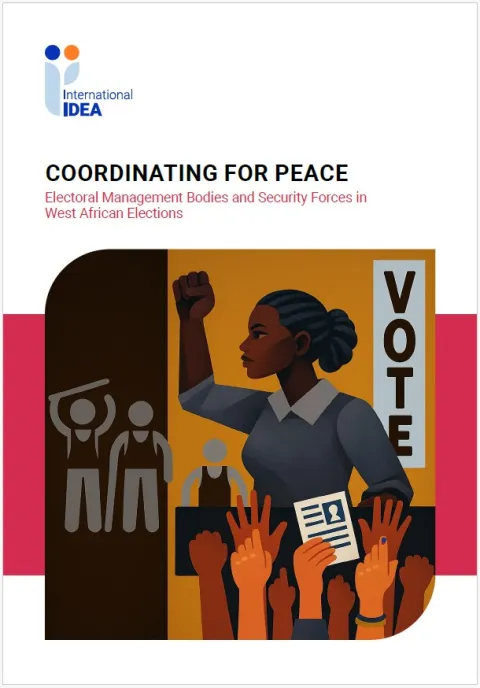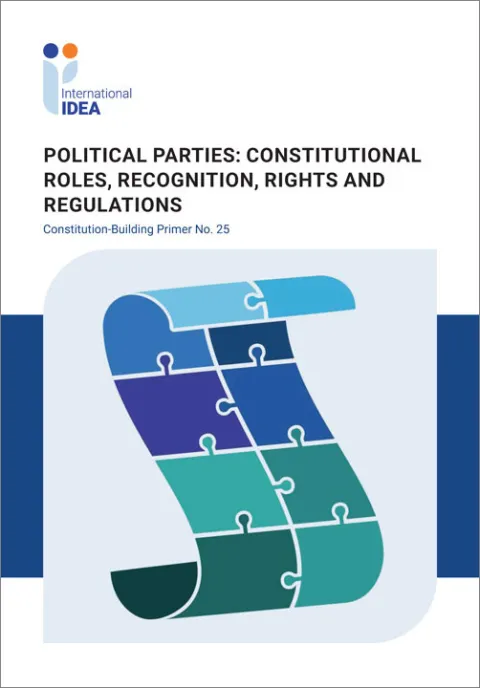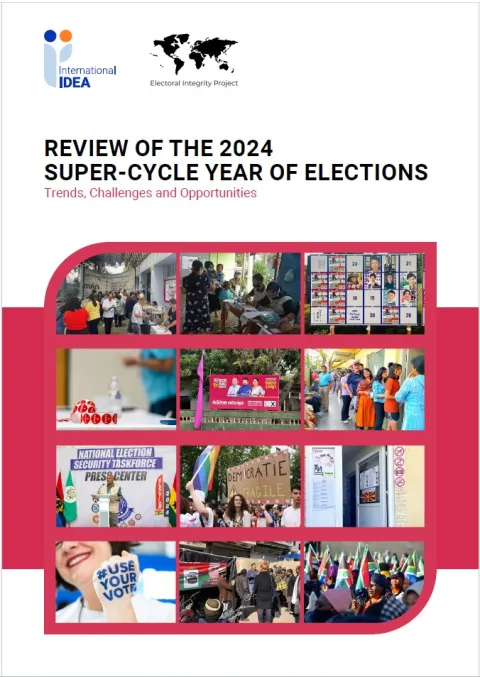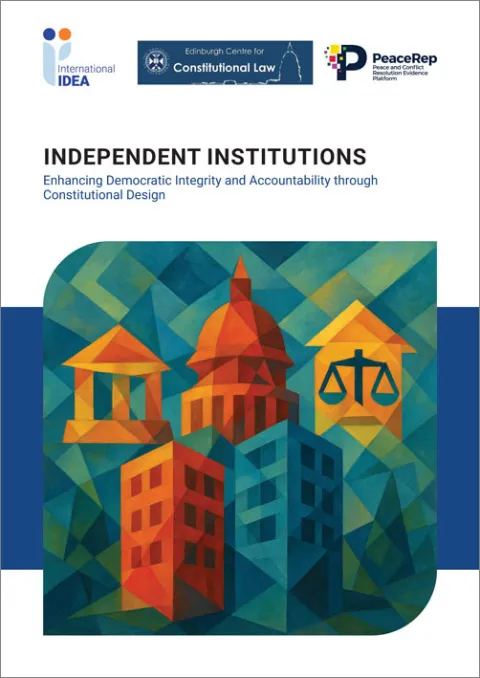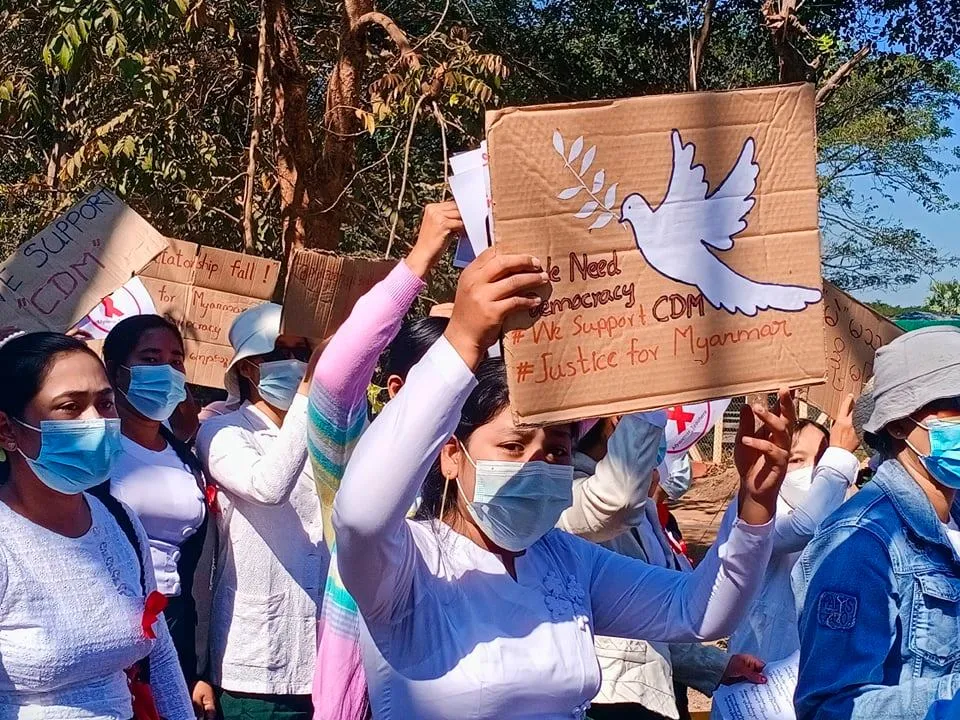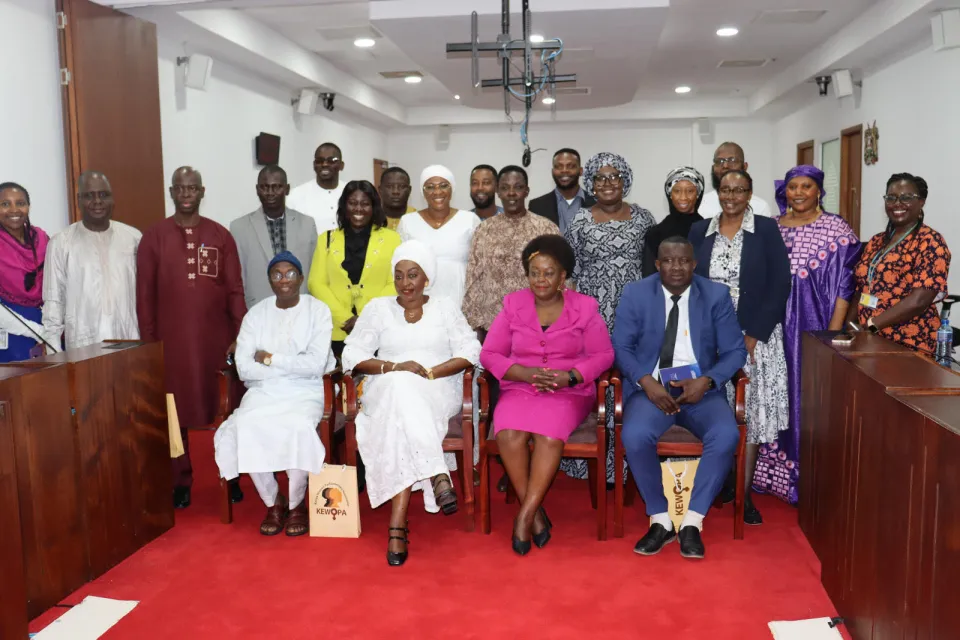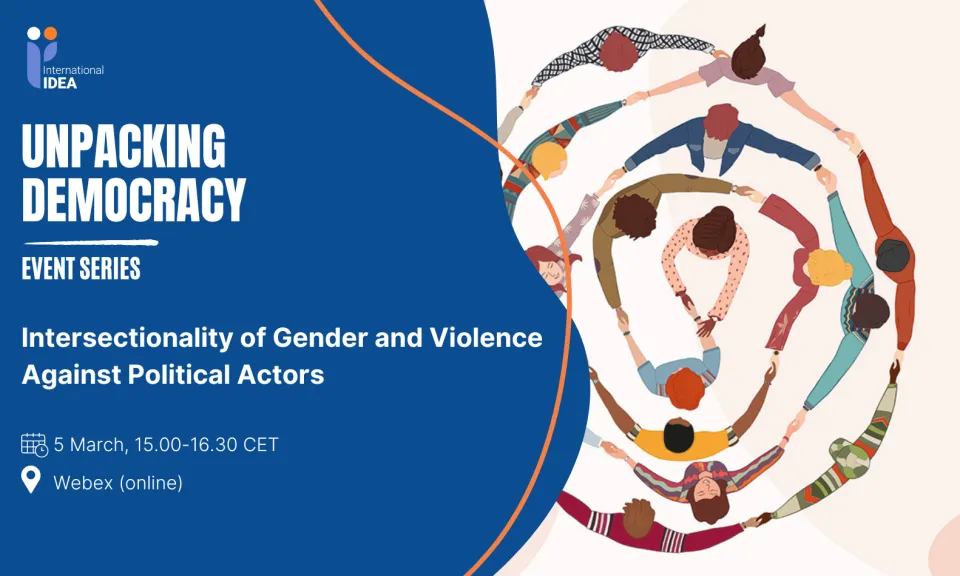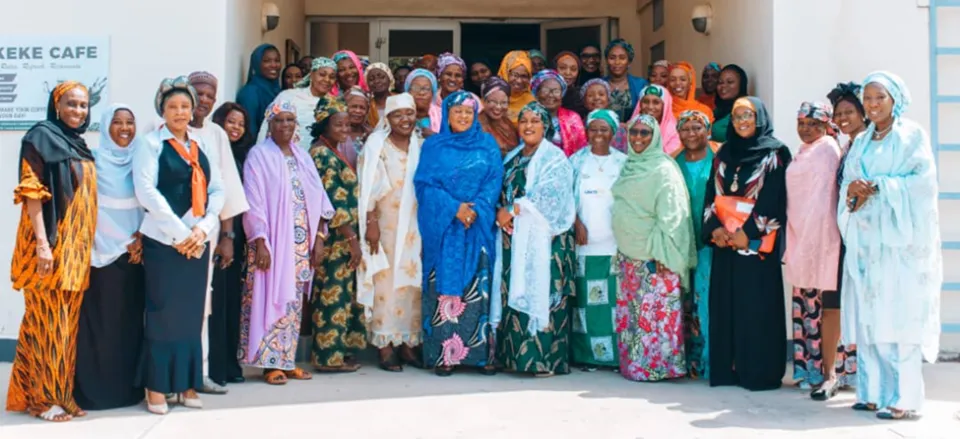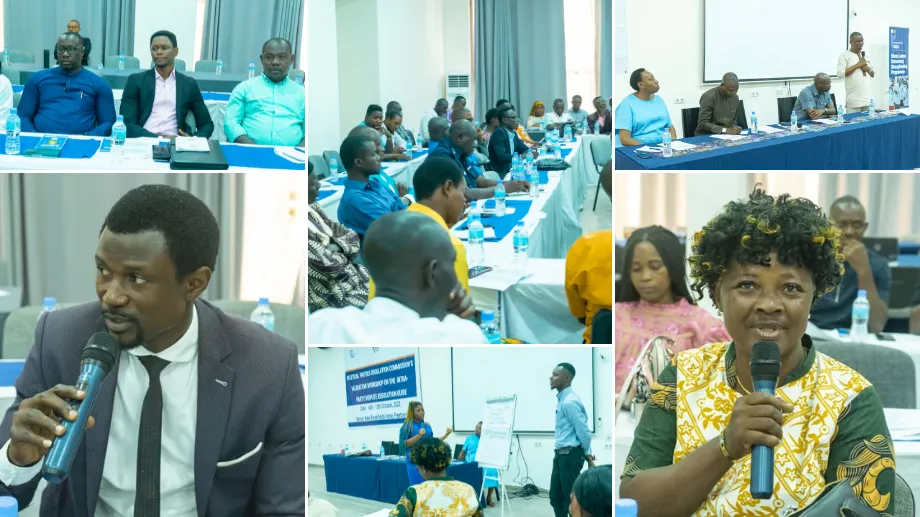A Framework for Developing Gender Policies for Political Parties
Political parties have come to embody a central element of modern representative democracies—voluntary associations of citizens that aggregate and represent the interests of the people. Not only have they become indispensable for democratic governance, they have thus become the key gatekeepers for accessing political power and voice in governmental decision-making.
Ensuring genuine representation of the views, interests and needs of all citizens—both women and men—is crucial to the effective functioning of political parties and for their legitimacy and representativeness. Among the main indicators of a party’s commitment to gender equality are the number of women in its leadership structures, the initiatives it undertakes to increase the presence and influence of women in different spheres of political decision-making, and the degree to which it pursues gender equality initiatives in its policy proposals and political activities.
This Framework outlines key considerations for developing a party’s gender policy, and addresses a variety of thematic areas essential for the advancement of women and promotion of gender equality within political parties, including leadership formation, internal decision making, internal oversight and institutional development, candidate recruitment, party programmes and platform development, outreach to voters, and campaigns.
Details
Contents
1. Introduction
2. Why gender equality matters for a political party
3. Rationale for a gender policy for a political party
4. Initiating and developing a gender policy
5. Key components of a gender policy for a political party
6. Formulating the specific objectives of a gender policy
7. Timeframe, oversight of implementation of a gender policy
8. Conclusions
Annex A. International standards and commitments
Annex B. Key concepts and definitions
References and further reading
Give us feedback
Do you have a question or feedback about this publication? Leave us your feedback, and we’ll get back to you
Send feedbackA Framework for Developing Gender Policies for Political Parties
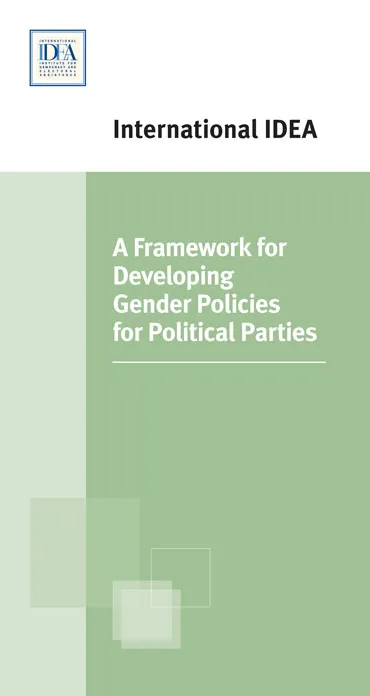
| Total views | 14716 |
|---|---|
| Downloads | 196 |
| Rating |
Give us feedback
Do you have a question or feedback about this publication? Leave us your feedback, and we’ll get back to you
Send feedback
